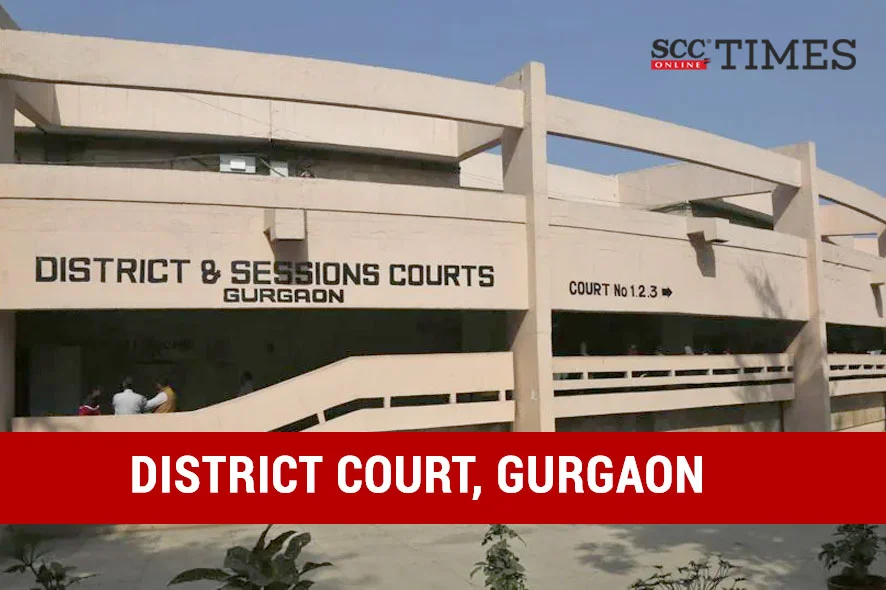Gurgaon Court: In a matter for quashing of a traffic challan for violation of an order of the Transport Commissioner, Gurugram, restricting the use of BS3 and BS4 vehicle for a specified period, Vikrant, JMIC. quashed the impugned challan and held that a person in violation of the Transport Commissioner’s order would attract punishment under Section 177 of the Motor Vehicles Act, 1988 (‘MV Act’) and not under Section 194 of the MV Act.
Brief Facts
In the instant matter, an order was passed on 06-11-2023 by Transport Commissioner, Government of Haryana, under Section 115 of the MV Act, restricting the use of BS-3 petrol and BS-4 diesel compliant vehicles in Faridabad and Haryana till 30-11-2023. The order further said that vehicles in violation of the said order would be prosecuted under Section 194(1) of the MV Act.
The applicant was driving a BS-3 petrol vehicle on a public road in Gurugram on 17-11-2023, in direct violation of the said order by the Transport Commissioner, and a fine was imposed upon the applicant by the state police, for an amount of Rs. 20,000/-. Consequently, the applicant filed the present application for quashing of the traffic challan.
Contention of the Parties
The counsel for the applicant submitted that Section 194 of the MV Act is solely applicable on commercial vehicles in case of overloading and the same had no relation with vehicles impounded for non-compliance of the order passed by the Transport Commissioner.
The Additional Public Prosecutor, per contra, submitted that Section 194 of the MV Act provides for punishment of violation of provisions of Section 115 of the MV Act, hence, the vehicle of the applicant was rightly challaned.
Analysis, Law, and Decision
After careful deliberation on the arguments presented by the counsels and a thorough review of the order in question, the Court determined that there existed an error apparent in the order passed by the Transport Commissioner.
The Court on perusal of Section 115 of the MV Act noted that it empowers the State Government or authorized authority to pass an order, necessary in the public safety or convenience, to prohibit driving of vehicles. The Court asserted that the order issued under Section 115 by the Transport Commissioner of Haryana aimed at controlling pollution levels and maintaining air quality. Consequently, the Court said that it could not be interpreted to fall within the purview of prosecution as outlined in Section 194, and simply mentioning that violation of the order would attract prosecution under Section 194 is not going to make any person, who is in violation, liable to be prosecuted, if his vehicle was not found exceeding the permissible weight. Section 194 of the MV Act pertains specifically to the punishment for operating a vehicle exceeding permissible weight limits, not for the operation of BS-3 petrol and BS-4 diesel compliant vehicles during restricted periods.
In the absence of any explicit penal provision, the Court held that the violation of the order would be subject to the general punishment provision under Section 177 of the MV Act, rather than Section 194.
Furthermore, the Court deemed the imposition of a penalty of Rs. 20,000/- under Section 194 of the MV Act as arbitrary and unlawful.
The Court therefore disposed of the traffic challan, revising the fine payable to Rs. 500/-.Top of Form
[State v. Debdas Mukherjee, 2024 SCC OnLine Dis Crt (Haryana) 2, Order dated 01-04-2024] Top of Form
Advocates who appeared in this case :
Additional Public Prosecutor Himanshu Yadav
Jaibir, Advocate for the Applicant







how can i get the copy of this as I intend to challange the challan issued in the same section